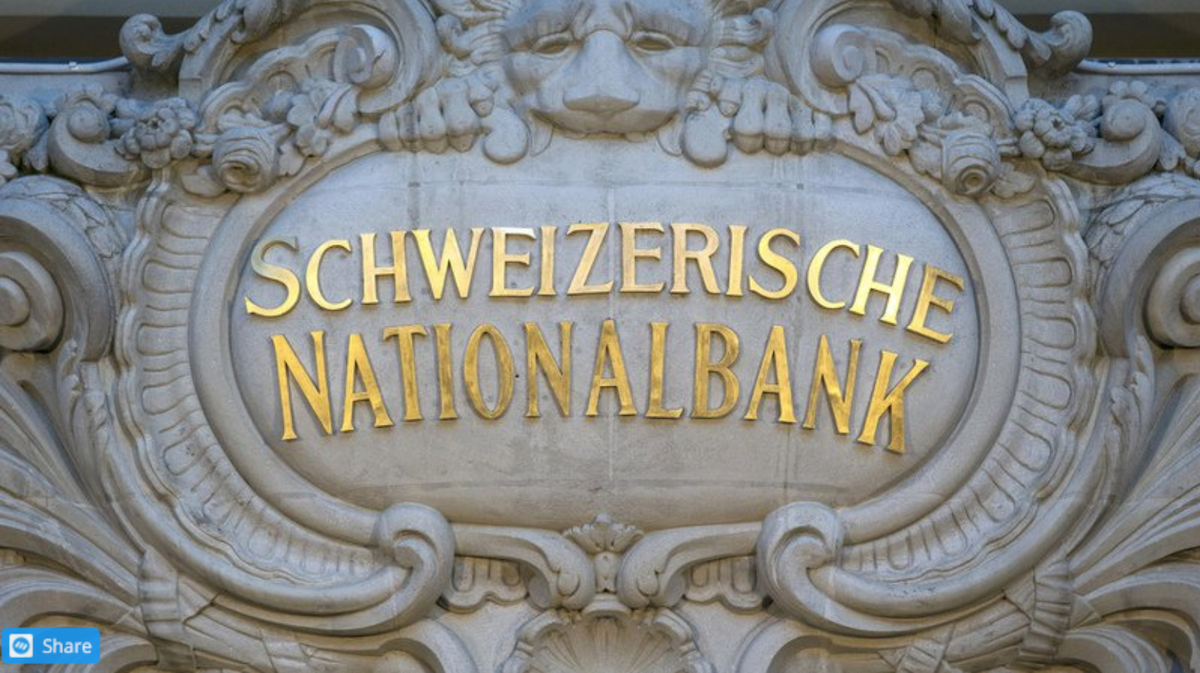
Date: 27 September, 2018 - Blog
More than widely expected, the SNB left its policy rates unchanged. Its assessment of the CHF situation was unchanged too. The CHF remains “highly valued” and the FX market “fragile”. The SNB reiterated its willingness to intervene in the currency market to keep the CHF in check. While it acknowledges the solid, and above expectations growth, it has also surprisingly and sharply revised down its inflation forecasts. The inflation expectations were unchanged for 2018 at 0.9%, revised down (by 0.1%) to 0.8% for 2019 and sharply cut (by 0.4%) to 1.2% for 2020. This sent a dovish signal.
In the US, which delivered the similar strong growth and low unemployment rate, the Fed has already raised rates 7 times since 2015 and is expected to deliver between 3 and 4 additional hikes over the next 12 months. The main difference is a clear higher inflation rate. Norway, which like Switzerland has not adopted the EUR but remains euro area exports dependent, has just raised its rates for the first time in 7 years to 0.75%.
The Norges Bank said it would adopt a “cautious approach” to future moves and expects its key rate to reach 2.0% by the end of 2021. Even the ECB is expected to amend its monetary policy, more precisely its QE, by year-end and has put rate increases on the table for discussion for the end of next summer. None of the Europeans are in a rush, but they seem more proactive than the SNB. It is obviously too early to remove negative rates, but it would be appropriate to signal what is going to happen. Even if it is limited by the CHF costliness, the SNB needs to communicate more precisely . Otherwise, if it just emulates the ECB, this would turn out to a re-pegging to the EUR.
- The SNB will maintain its ultra-loose monetary stance to maintain the CHF attractiveness low and ease pressure on the currency





